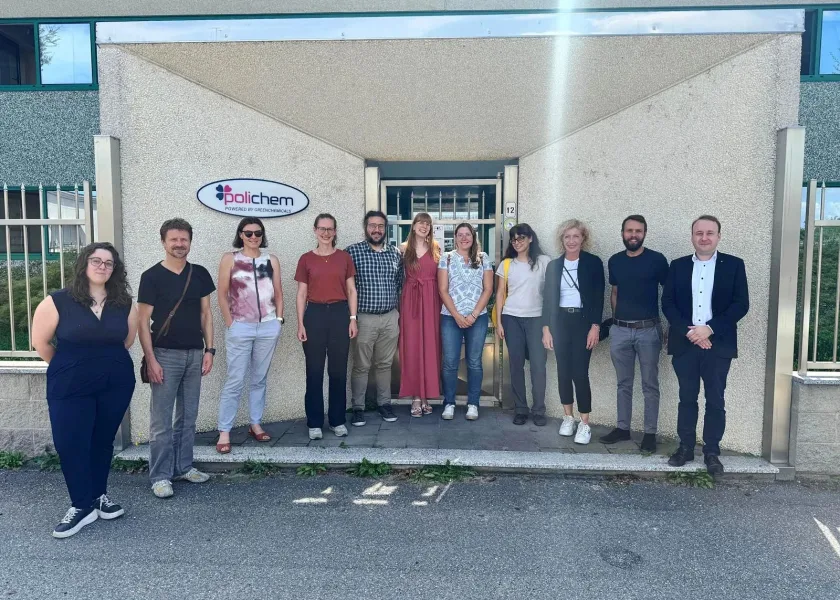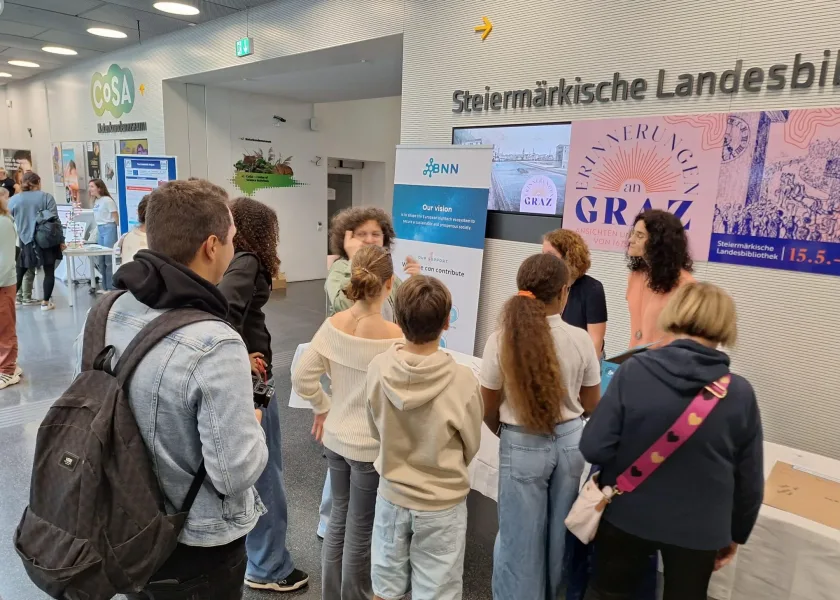PLANETS strategy for implementation of SSbD in the Industry journey
PLANETS aims to encourage the careful development of new alternatives in chemicals, products and processes to ensure safety and sustainability throughout their entire life cycle, achieving buy-in from a variety of stakeholders along the way.
To achieve these objectives, PLANETS is based not only on the SSbD framework[1] promoted by the JRC and the European Commission, but also on industry initiatives such as the WBCSD PSA v2.0[2] and the CEFIC guideline[3]. By combining these perspectives, PLANETS aims to strengthen the integration of SSbD from the early stages of development, ensuring global acceptance and facilitating smoother implementation. The cornerstone of the PLANETS methodology is the synergy between SSbD experts and industry partners. Throughout the project’s lifecycle, industrial development will be followed by SSbD assessments, which will evolve in complexity to align with the maturity of the alternatives.
This support is reflected in the implementation of the PLANETS workflow, which integrates industrial challenges with the SSbD methodology, ensuring alignment between the increasing maturity of alternatives and the need for SSbD assessments. The PLANETS workflow covers all five SSbD dimensions (Hazard, Exposure, Environmental, Economic, and Social) and tailors the expertise to the specific needs of each case study (Surfactants, Flame Retardants, and Plasticizers), from the early stages through to final use, including end-of-life/recycling. Another key feature of the PLANETS workflow is its tiered approach, which aligns the maturity of alternatives with the data requirements for SSbD assessments.
At an early stage, the simplified tier assessment plays an important role and provides the basis for identifying potential impacts and risks. This allows designers to address key sustainability and safety issues before they become embedded in the design. However, the impact of simplified evaluations is limited by the lack of detailed data, which can make it challenging to assess the full extent of safety, environmental, economic, and social impacts.
As the design progresses, intermediate and full tiers evaluations become more detailed and provide a clearer understanding of these impacts. While simplified tier provides flexibility to address broad concerns, the increasing availability of data in later tiers allows for more precise and effective impact assessments. The trade-off is that early evaluations, while impactful, are constrained by the lack of comprehensive information, which can sometimes hinder the depth of the assessment. Thus, the increasing flexibility in later tiers increases the ability to mitigate risks more effectively as data becomes more robust and specific.
The flexibility within this tiered approach allows for continuous refinement as new data becomes available or as the design evolves. As the assessment progresses through the tiers, potential impacts are better understood and mitigated, ensuring that sustainability and safety goals are met without compromising the overall design evolution.
Finally, for PLANETS, the key to the successful implementation of the SSbD strategy in the industrial pathway lies in the complementarity between SSbD experts and industrial partners. This collaboration will foster a better understanding of the challenges to be addressed through a step-by-step approach that aligns with ongoing developments, ensuring a level of agility throughout the process.
[1] https://research-and-innovation.ec.europa.eu/research-area/industrial-research-and-innovation/chemicals-and-advanced-materials/safe-and-sustainable-design_en
[2] https://www.wbcsd.org/resources/portfolio-sustainability-assessment-v2-0/
[3] https://cefic.org/a-solution-provider-for-sustainability/safe-and-sustainable-by-design/




